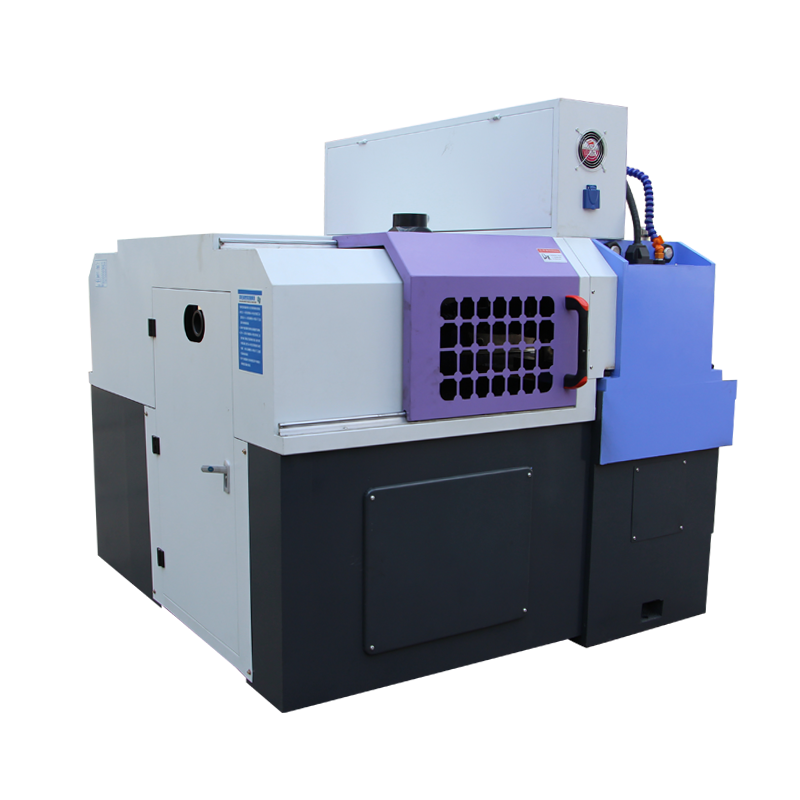
-
 Afrikaans
Afrikaans -
 Albanian
Albanian -
 Amharic
Amharic -
 Arabic
Arabic -
 Armenian
Armenian -
 Azerbaijani
Azerbaijani -
 Basque
Basque -
 Belarusian
Belarusian -
 Bengali
Bengali -
 Bosnian
Bosnian -
 Bulgarian
Bulgarian -
 Catalan
Catalan -
 Cebuano
Cebuano -
 Corsican
Corsican -
 Croatian
Croatian -
 Czech
Czech -
 Danish
Danish -
 Dutch
Dutch -
 English
English -
 Esperanto
Esperanto -
 Estonian
Estonian -
 Finnish
Finnish -
 French
French -
 Frisian
Frisian -
 Galician
Galician -
 Georgian
Georgian -
 German
German -
 Greek
Greek -
 Gujarati
Gujarati -
 Haitian Creole
Haitian Creole -
 hausa
hausa -
 hawaiian
hawaiian -
 Hebrew
Hebrew -
 Hindi
Hindi -
 Miao
Miao -
 Hungarian
Hungarian -
 Icelandic
Icelandic -
 igbo
igbo -
 Indonesian
Indonesian -
 irish
irish -
 Italian
Italian -
 Japanese
Japanese -
 Javanese
Javanese -
 Kannada
Kannada -
 kazakh
kazakh -
 Khmer
Khmer -
 Rwandese
Rwandese -
 Korean
Korean -
 Kurdish
Kurdish -
 Kyrgyz
Kyrgyz -
 Lao
Lao -
 Latin
Latin -
 Latvian
Latvian -
 Lithuanian
Lithuanian -
 Luxembourgish
Luxembourgish -
 Macedonian
Macedonian -
 Malgashi
Malgashi -
 Malay
Malay -
 Malayalam
Malayalam -
 Maltese
Maltese -
 Maori
Maori -
 Marathi
Marathi -
 Mongolian
Mongolian -
 Myanmar
Myanmar -
 Nepali
Nepali -
 Norwegian
Norwegian -
 Norwegian
Norwegian -
 Occitan
Occitan -
 Pashto
Pashto -
 Persian
Persian -
 Polish
Polish -
 Portuguese
Portuguese -
 Punjabi
Punjabi -
 Romanian
Romanian -
 Russian
Russian -
 Samoan
Samoan -
 Scottish Gaelic
Scottish Gaelic -
 Serbian
Serbian -
 Sesotho
Sesotho -
 Shona
Shona -
 Sindhi
Sindhi -
 Sinhala
Sinhala -
 Slovak
Slovak -
 Slovenian
Slovenian -
 Somali
Somali -
 Spanish
Spanish -
 Sundanese
Sundanese -
 Swahili
Swahili -
 Swedish
Swedish -
 Tagalog
Tagalog -
 Tajik
Tajik -
 Tamil
Tamil -
 Tatar
Tatar -
 Telugu
Telugu -
 Thai
Thai -
 Turkish
Turkish -
 Turkmen
Turkmen -
 Ukrainian
Ukrainian -
 Urdu
Urdu -
 Uighur
Uighur -
 Uzbek
Uzbek -
 Vietnamese
Vietnamese -
 Welsh
Welsh -
 Bantu
Bantu -
 Yiddish
Yiddish -
 Yoruba
Yoruba -
 Zulu
Zulu
thread rolling machine
Thread rolling machines have revolutionized the manufacturing industry, offering unmatched efficiency and precision in producing high-quality threaded components. Leveraging years of industry experience and extensive expertise, we delve into the critical role these machines play in modern manufacturing, underscoring their impact and the myriad benefits they bring.

Unlike traditional cutting or grinding methods, thread rolling machines form threads by displacing material, a process that is both environmentally friendly and economically beneficial. This method enhances the tensile strength and fatigue resistance of the components, ensuring durability and longevity, which is crucial for high-stress applications.
From an efficiency standpoint, thread rolling machines stand out due to their rapid production capabilities. High-speed operations combined with minimal waste generation make them a preferred choice for industries striving to meet tight deadlines without compromising on quality. The machines achieve precision through advanced servo control systems, allowing for the accurate replication of complex thread geometries at scale.

For industries such as automotive, aerospace, and construction, where component integrity is paramount, thread rolling machines offer an unprecedented level of reliability. Their ability to produce threads that adhere to stringent international standards speaks to their robustness and precision, earning trust from engineers and manufacturers worldwide.
Incorporating cutting-edge technology, modern thread rolling machines can seamlessly integrate with digital manufacturing systems. This integration facilitates real-time monitoring, predictive maintenance, and traceability, aligning with the industry's move towards smart manufacturing and Industry 4.0. The result is a streamlined production process that enhances operational efficiency and reduces downtime.
thread rolling machine
The expertise required to operate such sophisticated machinery cannot be overstated. Operators must be trained to understand the nuances of thread forming, including material properties and machine settings, to optimize performance. Manufacturers investing in training programs for their workforce not only improve productivity but also ensure a workforce prepared to tackle future technological advancements.
Authoritativeness in the field of thread rolling machine technology is underscored by industry leaders who continually push the boundaries of innovation. Companies engaged in the research and development of these machines are regularly publishing findings, sharing insights, and setting new benchmarks for excellence. Such contributions are invaluable in advancing industry standards and maintaining the highest quality of products.
Trustworthiness, a cornerstone of successful business operations, is reinforced by the consistent output of high-quality threads produced by these machines. Manufacturers committed to quality assurance deploy rigorous testing protocols to certify the threads meet all specified requirements before distribution. This commitment to quality ensures customer confidence and builds long-term partnerships with clients seeking reliable components.
Ultimately, investing in thread rolling machines is a strategic decision for manufacturers aiming to enhance productivity, improve product quality, and reduce environmental impact. As the demand for precision-engineered components continues to rise, the role of thread rolling machines in meeting these needs will only become more pronounced. For businesses looking to maintain a competitive edge, embracing this technology is not just an option, but a necessity for sustainable growth and success in an ever-evolving industrial landscape.
